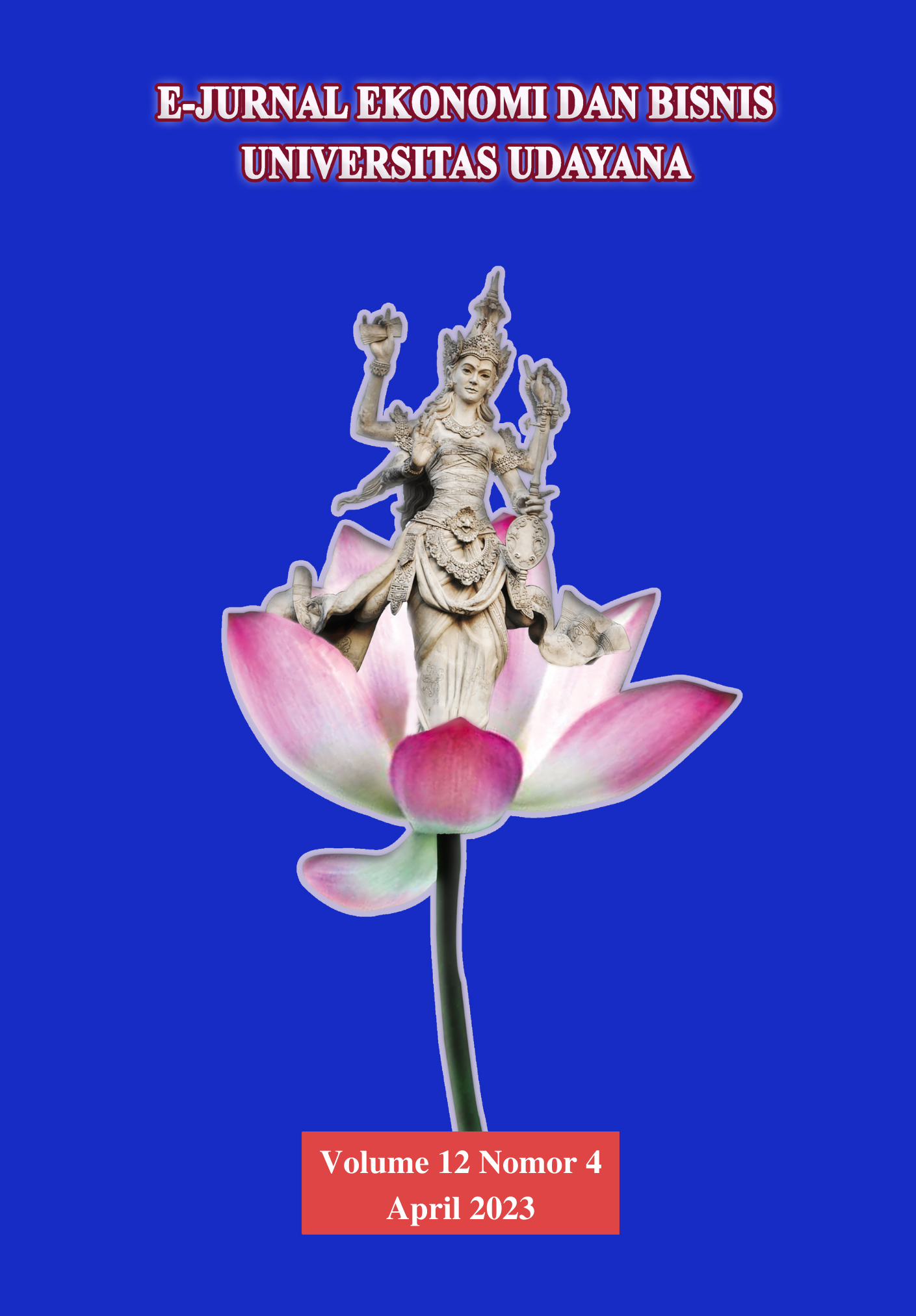PREDIKSI INDIKATOR MAKRO EKONOMI INDONESIA PASCA PANDEMI COVID-19 MENGGUNAKAN ANALISIS INTERVENSI
Abstract
The existence of trends, seasonality, and intervention patterns from the Covid-19 pandemic make data patterns change to new average levels, causing forecasting results to be less accurate. The purpose of this study was to obtain models and to project results of economic growth, inflation, rupiah exchange rate, and open unemployment rate after the Covid-19 pandemic in Indonesia using Intervention Time Series Analysis. Intervention analysis is a time series method that can be used to model and forecast the data containing the intervention. With intervention analysis, information about when the impact is felt after the intervention event, how long the impact lasts and the magnitude of the impact can be known. The development of the Intervention-ARCH/GARCH model was also carried out when the intervention model had a heteroscedasticity problem. The intervention Model used is a pulse function model with a temporary abrupt response pattern, where the impact of the Covid-19 pandemic intervention occurs directly and temporarily. Evaluation of the projected results using the intervention analysis method shows that the formed model is good enough to predict macroeconomic indicators. The projected results of this macroeconomic indicator can be used as a basis for decision-making or policy for the government and other stakeholders.


















